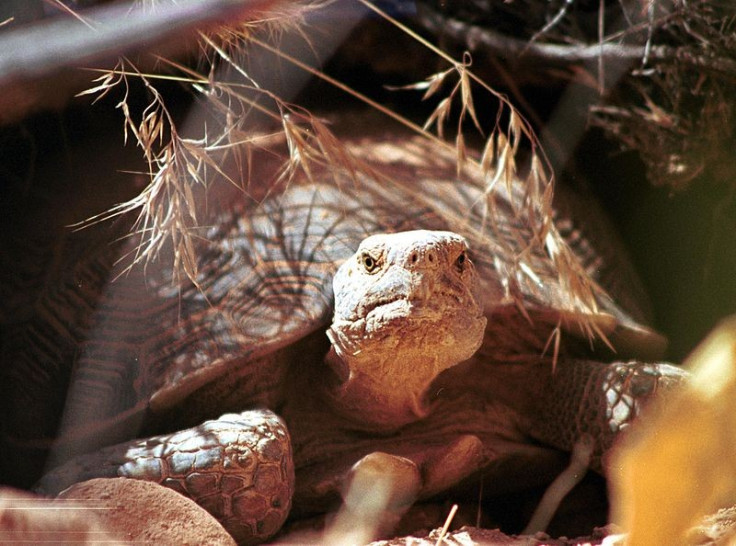Secret of Eternal Youth Bucks Darwin's Theory of Evolution

Evolutionary theory, which suggests that ageing inevitably leads to infertility and death, has been challenged by a study showing that some animals are less likely to weaken the older they get.
Researchers at the University of Southern Denmark have found that there are diverse patterns in nature when it comes to ageing and that for some species growing old does not necessarily increase the chance of dying.
Scientists studied the process in 46 species, including mammals, plants, fungi and algae.
Findings showed there was a huge diversity in how various organisms age. Some, like humans, become weaker; others, including tortoises and some trees, become stronger.
A third group, which includes a species of freshwater polyp called the hydra, neither strengthens nor weakens with age.
Owen Jones, of the Max-Planck Odense Centre at the University of Southern Denmark , said: "Many people, including scientists, tend to think that ageing is inevitable and occurs in all organisms on Earth as it does for humans: that every species becomes weaker with age and more likely to die. But that is not the case."
Jones said the study included 11 mammals, 12 other vertebrates, 10 invertebrates, 12 plants and one algae.

Published in the journal Nature, the findings showed that several species' mortality - the likelihood of death - increased with age, as expected by evolutionary scientists. This trend was most commonly seen in mammals and invertebrates.
However, other species experience a decrease in mortality with age. This finding was seen in the desert tortoise, which has the highest mortality early on in life which then steadily declines till death.
They also found that the hydra magnipapillata has a constant low mortality rate and is unaffected by the ageing process. Tests showed that it had such a low risk of dying that it was effectively immortal.
Jones said: "The diversity of mortality and fertility patterns in these organisms surprised us, and there is clearly a need for more research before we fully understand the evolutionary causes of ageing and become better able to address problems of ageing in humans.
"Extrapolation from laboratory data show that even after 1,400 years 5% of a hydra population kept in these conditions would still be alive.
Findings also showed great diversity in fertility patterns, with some species becoming more fertile with age.
"It makes no sense to consider ageing to be based on how old a species can become. Instead, it is more interesting to define ageing as being based on the shape of mortality trajectories: whether rates increase, decrease or remain constant with age," Jones added.
© Copyright IBTimes 2025. All rights reserved.






















